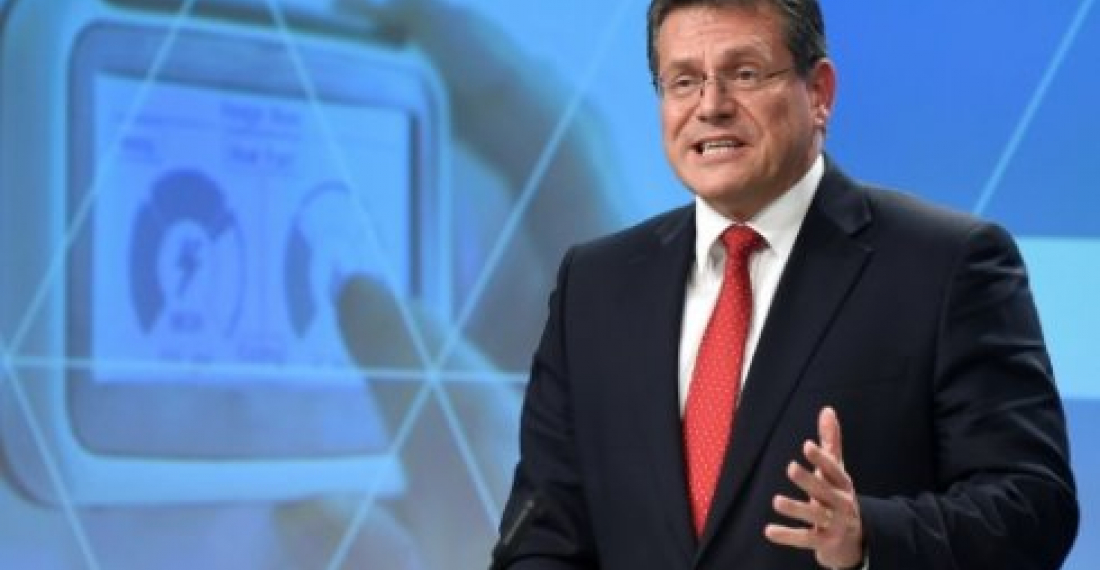The European Commission Vice-President, who is also responsible for the Energy Union Maros Sefcovic told the Azerbaijani news agency APA in an interview that for the European Union, the Trans-Caspian Pipeline is an important, complementary element of the Southern Gas Corridor in order to connect the significant gas reserves of Central Asia to the European markets. "This is in both sides' interest, both for us here in Europe and for our partners in Turkmenistan. To this end, in 2015 I signed the Ashgabat Declaration with Turkmenistan, Turkey, Azerbaijan and Georgia on the cooperation in the energy field. We all remain committed to the declaration and are in regular contact to explore possibilities of cooperation."
Vice president Sefcovic said that good progress has been achieved on all the projects along the Southern Gas Corridor. "Together with our Azerbaijani partners we expect the first gas deliveries by 2018 to Turkey, and by 2020 to the EU. Sefcovic said Azerbaijan is a very important, strategic energy partner for the European Union. "Apart from being a major oil exporter, Azerbaijan's pivotal role is related to its position as a key partner for the realization of the Southern Gas Corridor", he added.
On Iran, Sefcovic said that as part of efforts to create a resilient Energy Union with a forward-looking climate policy, increasing security, solidarity and trust by diversifying Europe's energy suppliers and routes is central for improving competition and driving down prices for EU consumers. These are our guidelines in all our talks to enhance Europe's energy security with partners from a variety of backgrounds and countries.
source: commonspace.eu with APA news agency, Baku
Photo: EU Commissioner for the Energy Union and Vice president of the European Commission Maros Sefcovic (archive picture)






